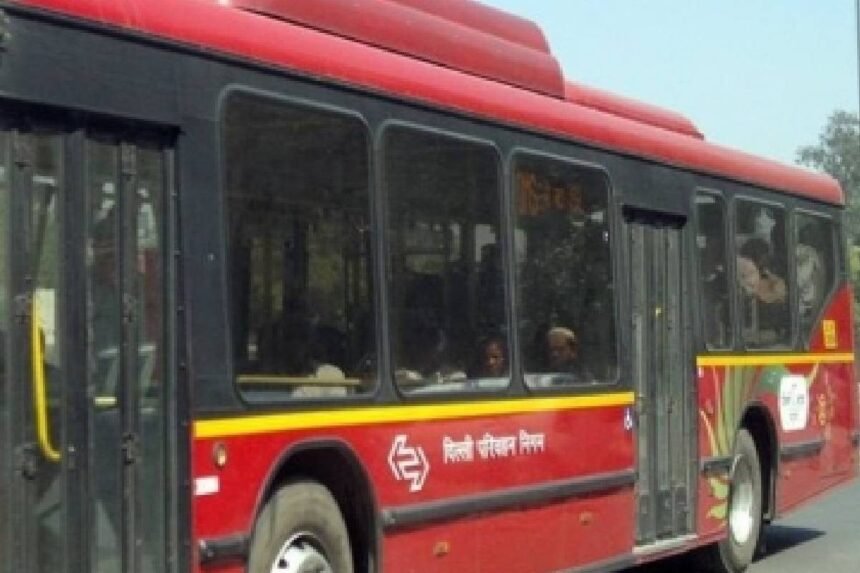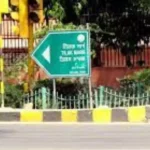Officials have revealed that the committee tasked with studying the routes for ‘mohalla’ buses in Delhi will need a minimum of two months to complete and submit its report. This development comes as the Arvind Kejriwal-led government plans to acquire over 2,000 feeder buses to operate on routes that are inaccessible to the existing 12-meter buses.
In an effort to enhance the public transportation system in Delhi, the government has recognized the need for smaller buses that can navigate through narrower streets and reach areas where larger buses are unable to venture. These smaller buses, commonly referred to as ‘mohalla’ buses, are expected to improve last-mile connectivity and cater to the specific transportation requirements of densely populated residential areas, commonly known as ‘mohallas.’
To effectively implement this initiative, the government formed a technical committee responsible for identifying suitable routes for these feeder buses. The committee’s primary objective is to assess the localities and areas where these buses would be most beneficial and identify the potential challenges in their operation. By conducting a comprehensive study, the committee aims to ensure that the new feeder bus routes align with the travel patterns and demands of the residents.
The study is expected to take a minimum of two months, indicating the thoroughness with which the committee intends to approach the task at hand. During this period, the committee will carefully analyze the existing transportation infrastructure, including road networks, traffic flow, and congestion points, among other relevant factors. They will also evaluate the feasibility of implementing the proposed routes, taking into consideration the accessibility, demand, and potential impact on the overall transportation system.
Once the report is submitted, it will serve as a valuable resource for the government to make informed decisions regarding the procurement and deployment of the feeder buses. The report’s findings and recommendations will likely be crucial in ensuring the successful integration of these smaller buses into the existing public transportation network.
The Arvind Kejriwal government’s emphasis on improving public transportation in Delhi is commendable, as it recognizes the need for efficient and convenient travel options for its residents. By introducing ‘mohalla’ buses, the government aims to address the challenges faced by commuters in densely populated areas, where larger buses find it difficult to navigate. This initiative has the potential to significantly enhance the accessibility and convenience of public transportation for residents, particularly those residing in remote or congested localities.
The committee’s thorough examination of the proposed routes for these feeder buses demonstrates the government’s commitment to making well-informed decisions and prioritizing the needs of the people. By investing time and resources into this study, the government aims to ensure that the implementation of the ‘mohalla’ bus system is successful and seamlessly integrated with the existing transportation infrastructure.
As the committee progresses with its study, it is anticipated that the findings will shed light on the most suitable routes for the feeder buses, enabling the government to plan their procurement and operation effectively. The report’s insights will play a crucial role in optimizing the transportation system, reducing congestion, and providing reliable and efficient services to residents across Delhi.
The committee assigned to study the routes for ‘mohalla’ buses in Delhi is dedicated to conducting a comprehensive analysis of the transportation needs and challenges in various localities. With a minimum timeline of two months, the committee aims to provide the government with valuable insights and recommendations to guide the procurement and deployment of feeder buses. This initiative reflects the government’s commitment to improving public transportation and enhancing the overall commuting experience for the residents of Delhi.




